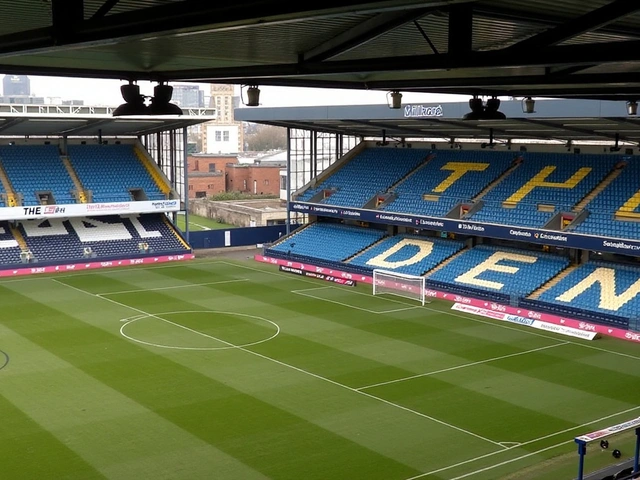Prince William Champions Sustainability with Biodegradable Sneakers at Earthshot Prize Ceremony in South Africa
Nov 7 2024
Every week you hear another headline about crowds taking to the streets, chanting against leaders, and demanding change. From Lagos to Nairobi, anti‑government protests are shaping the political conversation and often spark big shifts in policy. If you want to understand why these demos flare up and what they could mean for the future, you’re in the right place.
Most protests start because citizens feel ignored. In Nigeria, for example, the April 7 rally was meant to challenge the Cybercrime Act and emergency‑state powers. Activists say the laws give the state too much control over online speech and can be used to silence dissent. When the police asked organizers to postpone the march, it only added fuel to the fire, showing how quickly tension can rise when ordinary people think their voices are being shut down.
Economic stress is another common driver. Sky‑high inflation, job shortages, and rising living costs push people to demand better governance. In Kenya, senators have faced public backlash for perceived corruption, while in South Africa, youths have organized “Fees Must Fall” style protests over tuition hikes. When money runs low and the government seems indifferent, crowds gather in protest.
Authorities react in many ways—sometimes with dialogue, other times with force. In Nigeria, the police appealed for a delay, citing the need to honor National Police Day, hoping a calm conversation would replace the march. In contrast, some countries have deployed military units or imposed curfews, which can turn a peaceful rally into a clash.
Legal actions also play a part. Governments can invoke emergency legislation, making it harder for organizers to register protests. This is a double‑edged sword: it may deter violent incidents, but it can also be used to stifle legitimate dissent. Watching how each state balances security and freedom is key to predicting the next flashpoint.
Stay tuned to social media hashtags, local news outlets, and our tag page for real‑time updates. Look out for patterns: a spike in online petitions, a surge in commuter strikes, or a sudden surge in rally permits. Those signals often precede larger gatherings.
Also keep an eye on regional alliances. When one country cracks down, neighbours sometimes follow suit, or they might offer sanctuary to activists. The ripple effect can turn a single protest into a continent‑wide movement.
Finally, remember safety. If you’re covering a protest, wear a mask, keep your phone charged, and have an exit plan. Knowing local laws—like whether a permit is required—can keep you out of trouble.
Anti‑government protests are more than headlines; they’re a barometer of how citizens feel about their leaders. By tracking the why, the how, and the what‑next, you’ll get a clearer picture of Africa’s political pulse. Stay informed, stay safe, and keep watching the streets for the next big story.
Kenyan businessman Jimi Wanjigi is accused of organizing anti-government protests across the country, prompting authorities to issue an arrest warrant. Wanjigi, known for his outspoken views, is believed to be a central figure in the ongoing demonstrations. The situation remains tense as security forces are on high alert and public opinion is divided on the government's actions.

Nov 7 2024

Feb 25 2025

Jul 20 2024

Oct 6 2024

Jan 14 2025